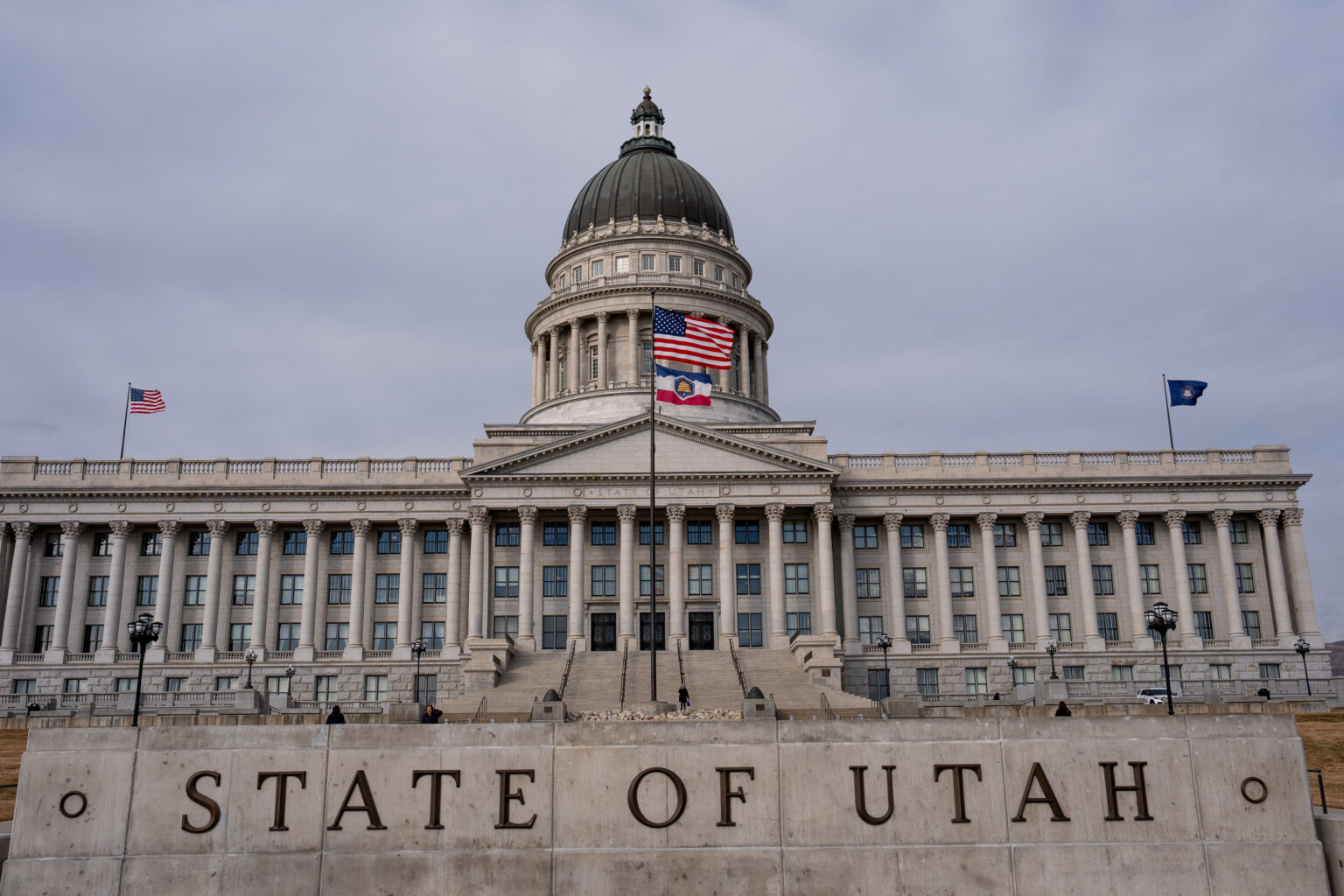This op-ed was originally published in the Salt Lake Tribune on April 13, 2023.
The value of psilocybin is undeniable.
This psychoactive substance is found in hundreds of mushroom species across the globe. Despite its humble origins, decades of research and several FDA-approved clinical trials have demonstrated that it is effective at treating mental illnesses like depression.
Its power lies in its unique ability to temporarily increase brain plasticity. While most mental health drugs can do no more than dull symptoms, psilocybin makes it easier for patients to rewire their brains, replacing harmful thought patterns with healthy ones. Because of its unique mechanism of action, it has numerous potential applications, and clinical trials are underway to see if it can treat conditions as diverse as PTSD, OCD, migraines, addiction and phantom limb pain.
Given that mental health in the United States continues to decline — 1 in 5 adults suffer from a mental illness — one would think the federal government would be eager to embrace a cheap, non-patentable solution with no overdose potential or addiction liability.
But the wheels of federal bureaucracy grind slowly, expensively, and often counterproductively. Psilocybin was placed on Schedule I — the designation for substances with no medical value and high potential for abuse — in 1970, despite a lack of evidence to support this designation.
There are only two paths to undo this misstep and reschedule psilocybin so doctors can prescribe it: Congress can pass a law or the attorney general and DEA can engage in a complex rulemaking process in conjunction with the FDA. If history is an instructor, neither is likely to happen soon.
Like psilocybin, cannabis has been a Schedule I substance since 1970. Every Congress since 1995 has proposed at least one bill to reschedule cannabis. None has ever passed. And although Phase III FDA-approved clinical trials demonstrated the efficacy of treating neuropathic pain from spinal injuries with cannabis nearly a decade ago, the DEA has still refused to reschedule cannabis. Patients who use cannabis under state law are still federal criminals.
The history of attempts to reschedule MDMA — another psychedelic with potential to improve mental health — is also instructive. MDMA received FDA Breakthrough Designation in 2017, which is intended to accelerate the approval process. Phase III clinical trials completed in 2020 showed that MDMA significantly decreased PTSD and depressive symptoms and that these results were better than other PTSD medications on the market. And yet it’s 2023, MDMA is still a Schedule I substance, and patients have no way to legally access it.
If cannabis and MDMA are any indication, psilocybin is not going to be federally rescheduled anytime soon.
In the face of so much federal foot-dragging, it’s unsurprising that many states and cities are taking their citizens’ mental health into their own hands. At least 10 cities have deprioritized or decriminalized psilocybin, including Denver via a 2019 voter initiative. In the following 18 months, Denver found that decriminalization led to no reported adverse health outcomes, no reported hospitalizations, and no increase in organized crime markets. Despite decriminalizing psilocybin and putting up no regulatory safeguards around its use, nothing bad happened.
Two states — Oregon and Colorado — have legalized psilocybin and created a regulatory framework for supervised, therapeutic use. Oregon’s program went live earlier this year and Colorado’s will be rolled out in 2024. Perhaps even more astonishing is how many other states are poised to follow suit. Twenty-nine have passed or proposed legislation to study psilocybin, make it available for patients, or simply decriminalize it altogether. These bills are coming out of both red and blue states and are being sponsored by both Democrats and Republicans.
Whether the focus is on giving veterans with PTSD another option or promoting mental health writ large, everyone recognizes the status quo is untenable. Psilocybin can be part of the solution. Given the federal government’s abysmal track record when it comes to scheduling drugs in a timely manner that comports with current science, states shouldn’t wait. It’s time they step up and do the right thing for individuals suffering from mental illness.





